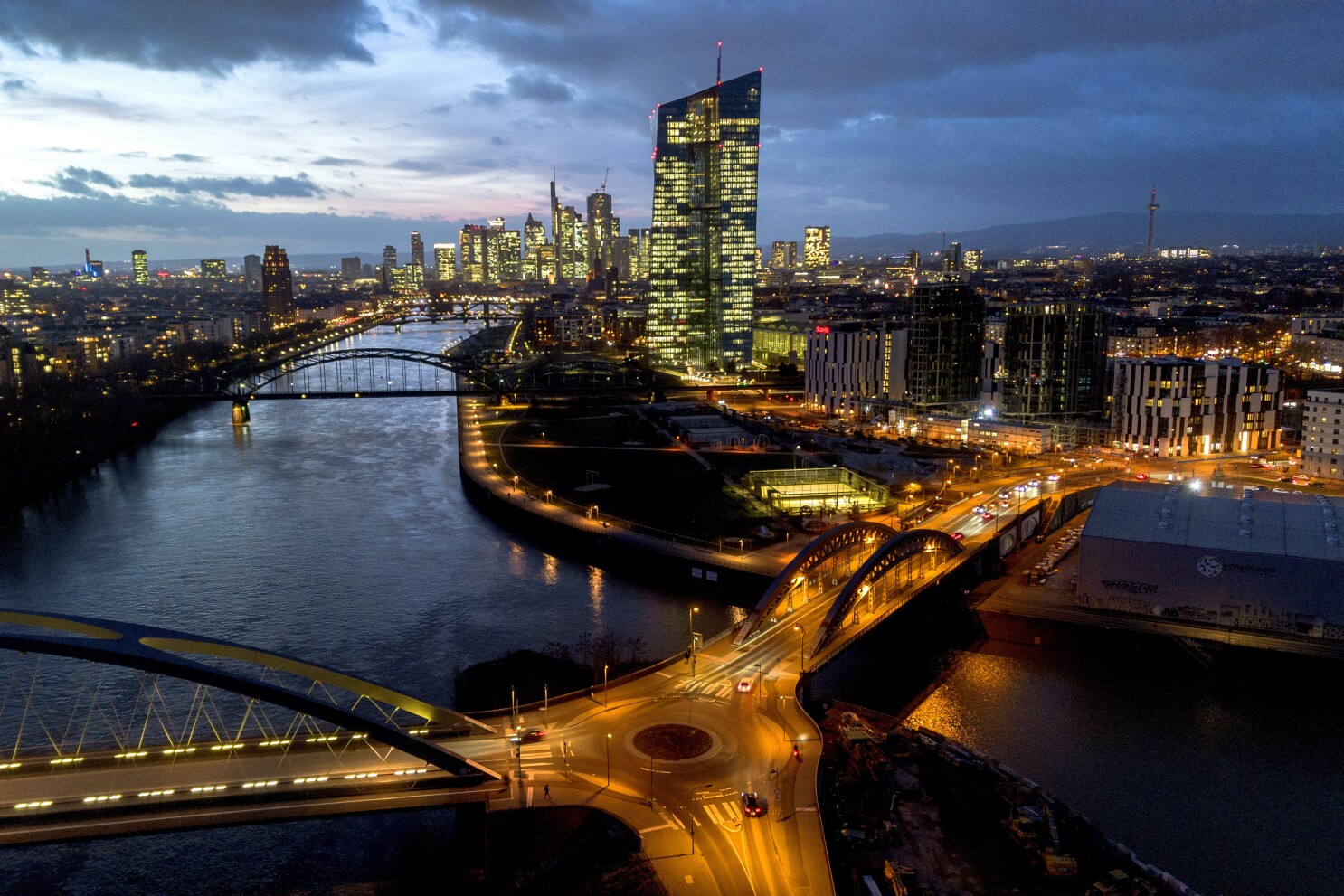The Composite Purchasing Managers’ Index (PMI) in the Eurozone has dropped to its lowest point since early this year, reaching 48.1, signaling a downturn in business activities across the region. This decline has been exacerbated by looming higher US tariffs and ongoing political uncertainties within Europe.
Businesses across the euro area have been forced to reduce their workforce for the fourth consecutive month, reflecting the economic strain. Consequently, the European Central Bank (ECB) might accelerate its rate-cutting measures to mitigate these pressures. The euro has also dipped to a nearly two-year low against the dollar, underscoring market concerns that quicker rate cuts may be imminent.
While the US shows a more optimistic economic outlook, with its PMI climbing due to pro-business policies expected under Donald Trump’s administration, Europe faces a contrasting scenario. Surveys indicate economic contraction in the UK and a cautious business environment across the eurozone due to potential US trade barriers.
Nevertheless, the particularly open eurozone economy is very exposed to a more unfavorable trade environment, ECB President Christine Lagarde said, pointing to “growing threats to free trade from all corners of the world.”
Trade uncertainty adds to political turmoil in the eurozone’s two largest members. The French government of Michel Barnier remains shaky and is struggling to get legislative support for its budget, while German premier Olaf Scholz was forced this month to call snap elections after his governing coalition collapsed.
As the eurozone navigates through these turbulent waters, the anticipation of Trump’s trade policies could lead to more pronounced economic challenges. ECB officials are now contemplating more aggressive monetary interventions to support the faltering economy and stave off a deeper recession.

Leave a Reply